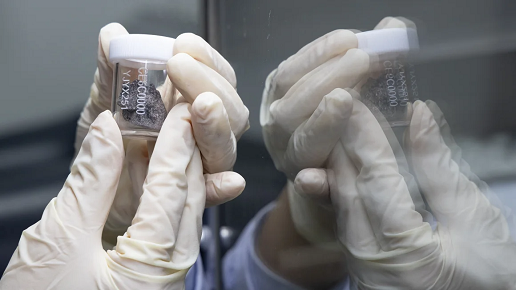The non-profit organization 1095, posted a series of questions and answers on their Facebook page and translated it into multiple languages for migrant workers to clearly understand the proper procedures of screening and isolation, and the protection of their rights and interests.
Regarding Covid-19 screening during the epidemic, if people are notified by the government to do quick screening, the test is free. For foreigners, they can go to any screening station for the test, and there is also no fee. While workers are waiting for the Covid-19 rapid screening results, they can apply for sick leave from the company, and they get half of their salary. The following is a detailed rapid screening and workers’ rights QA:
Q: If I was told to get a rapid test, how much is the cost?
A: If you are in a Covid-19 high risk area, or have been in contact with a Covid-19 confirmed case or was in a place where there was a confirmed positive case and have suspected symptoms, and was informed after investigation, you have to get a test at a rapid screening station. This is free of charge.
After June 12, without notification and regardless of residency status, all foreigners who meet the above qualifications may voluntarily proceed to any rapid screening station in the different counties and cities. The test is free of charge. (The cost is subsidized by the Centers for Disease and Control, CDC, 衛生福利部疾病管制署.)
Read More: Taoyuan International Airport: 4-minute PCR tests for arriving passengers

Join LINE@移點通 to receive information about migrant workers and epidemic prevention. Photo/Provided by the Ministry of Labor
Since the outbreak of the epidemic in the Wanhua teahouses, the National Immigration Agency (NIA, 移民署) has launched the "Quarantine and Epidemic Prevention Project for Foreigners" (外籍人士安心採檢防疫專案), based on the principle of no charge, no report, no investigation and no punishment. This is to encourage migrant workers who are displaced, are illegal, or have overstayed in Taiwan, to go to the rapid screening stations for testing. The Immigration Department discovered that many foreign migrant workers with residency status problems are afraid to go for screening. They just buy medicines for themselves when they are sick. Because of this, the NIA publicly guarantees that illegal migrant workers will not be punished or sent back to their country when they go for Covid-19 rapid tests.
Also, the government has launched "LINE@移点通". After joining, one can see the latest news and can also check migrant rights websites, multilingual radio stations, and epidemic prevention information.
Map of designated hospitals and clinics for rapid screening tests. https://antiflu.cdc.gov.tw/ExaminationCounter#
Read More: Starting July 1, employers must arrange PCR tests for newly employed migrant workers
Q: If I have been notified that I need to do a rapid screening, but I am still waiting, what kind of leave can I take while I am unable to attend work? How is my salary calculated?
A: If the worker has not received the quarantine notice issued by the health authorities, he can apply for ordinary sick leave and is entitled to half salary.
If the company voluntarily suspends business based on epidemic prevention and their employees are advised not to go to work, or wait for test results, or wait for the cleaning and disinfection of their workplace, the employer should pay full wages (full salary). If the employer fails to implement epidemic prevention measures and is ordered to suspend operations by the authorities, the employer is also required to pay full wages (full salary).
For more information, please click here.






